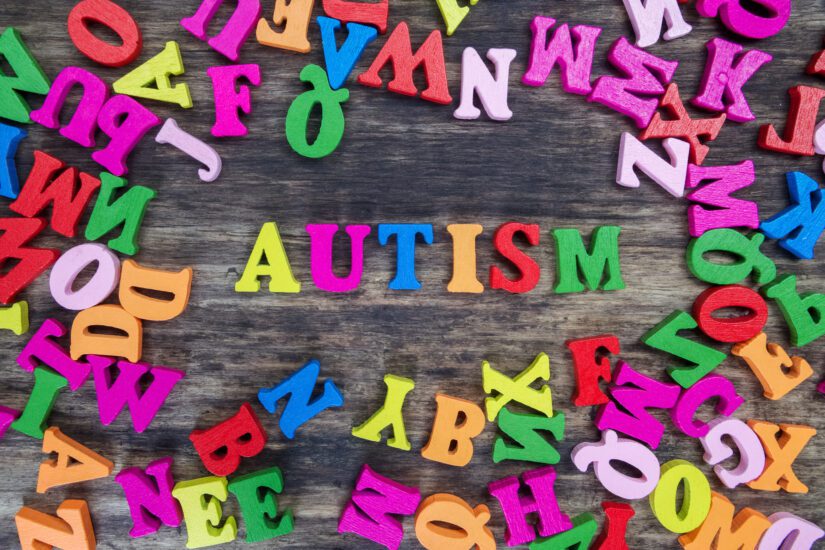As medical and educational professionals and researchers deepen their understanding of Autism Spectrum Disorder (ASD), the prevalence of Autism continues to rise. This is not necessarily because more students suddenly have Autism Spectrum Disorder but because our understanding of what Autism is, how it impacts individuals, and how students with Autism need to be supported has grown. Professionals are now able to identify people who have ASD that would not have been diagnosed with the disorder in the past. 1 in 160 children, worldwide, have ASD and it is important that we understand Autism Spectrum Disorder, reduce misinformation and stigma, and better support people with the disorder
What Is Autism Spectrum Disorder (ASD)?
Autism Spectrum Disorder is a complex developmental disorder that impacts verbal and non-verbal communication and social interaction. People who have Autism Spectrum Disorder have a wide variety of intelligences, abilities, and behaviors. As a result, the diagnosis of Autism is considered to be on a spectrum from low to high functioning. Every person with ASD is unique and will be affected differently by their diagnosis. Some people with ASD may be unable to speak or perform basic self-care and others are completely independent, work, and raise families.
What Causes Autism Spectrum Disorder?
Researchers have been exploring the cause of ASD for decades. The current understanding is that a variety of factors working together contribute to the development of Autism Spectrum Disorder. MRI scans of people with ASD show that there is a difference in the way the brain is structured and how it works. ASD is developed before birth and it is believed that there are several genes involved in the development of the disorder. Some of these genes impact the way the brain develops, and others may make the unborn baby more susceptible to ASD and to the environmental factors that may cause Autism to develop. The mother is exposed to these environmental factors during pregnancy and it is thought that they can trigger the development of ASD in the unborn child. Certain viral infections, complications during pregnancy, chemical exposure, and pollutants are thought to increase the likelihood that the fetus will develop Autism Spectrum Disorder. Research has shown that there is no link between childhood vaccines and the development of ASD.
Supporting People Who Have Autism Spectrum Disorder
Every individual with ASD is impacted differently by the disorder and has unique needs. To support people who have ASD, it is vital to understand how they are personally impacted by the disorder and what they find helpful. There are many professional supports for people diagnosed with ASD that help them understand their needs, communicate these needs to others, and develop and implement plans to ensure these needs are met. The biggest way that you can support people with Autism Spectrum Disorder is to deepen your understanding ASD and be aware of the needs of the individuals you know who have ASD. Often times there are simple things that you can do to help people with ASD feel more comfortable, like reducing the noise and lighting in a room, giving notice or warnings if things in the day’s schedule will be changed, or providing a quiet space for the person to relax if they are feeling overwhelmed. Remember, each individual with ASD has unique needs, so be sure to ask the person what you can do to support them.



